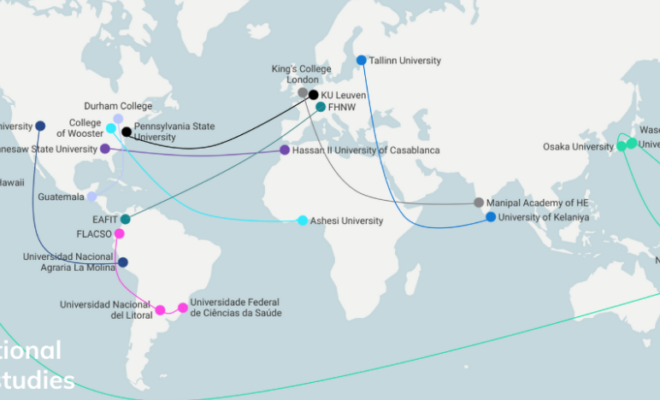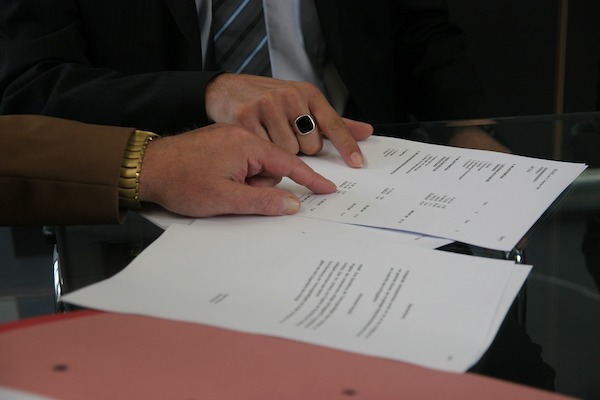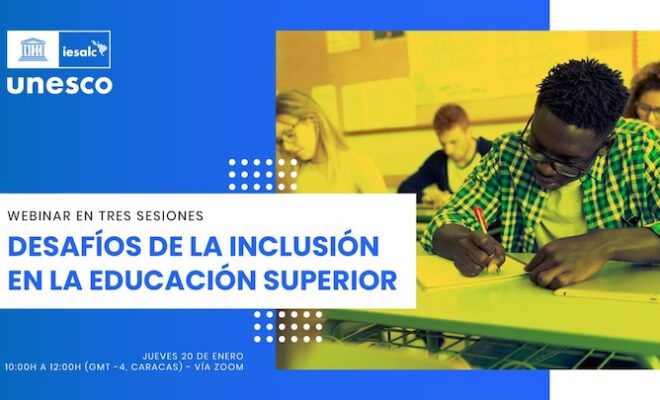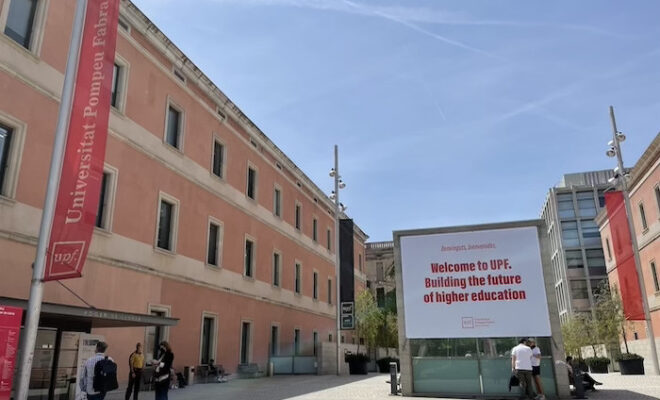What would it take to ensure access to higher education for all?
Panelists: Diaka Sidibe, Minister of Higher Education, Scientific Research and Innovation of Guinea; Ibrahim Hassan, Minister of Higher Education of Maldives; Verónica Figueroa Huencho, Under Secretary of Higher Education of Chile. Moderator: Francesc Pedró, Director of UNESCO IESALC Participation in higher education around the world has increased exponentially since the second half of the twentieth century. Since 2000, the global gross enrolment rate has almost doubled from 19% to 38% and in some regions the increase has been even sharper. Yet wide disparities in access continue to exist, as do barriers to successful completion of studies for those students who […]
©
6 June, 2022

Panelists: Diaka Sidibe, Minister of Higher Education, Scientific Research and Innovation of Guinea; Ibrahim Hassan, Minister of Higher Education of Maldives; Verónica Figueroa Huencho, Under Secretary of Higher Education of Chile.
Moderator: Francesc Pedró, Director of UNESCO IESALC
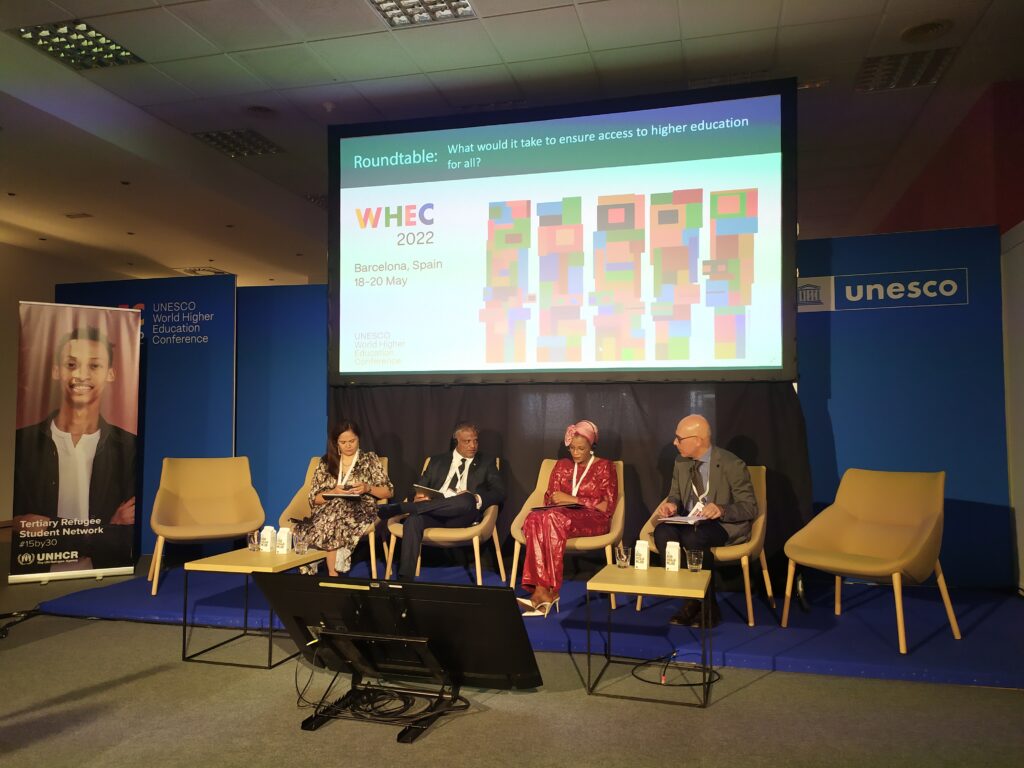
Keypoints
- Participation in higher education around the world has increased exponentially since the second half of the twentieth century.
- Since 2000, the global gross enrolment rate has almost doubled from 19% to 38% and in some regions the increase has been even sharper.
- Yet wide disparities in access continue to exist, as do barriers to successful completion of studies for those students who make it into higher education.
- In some countries, like Guinea, entry examinations were eliminated, higher education institutions –public and private- have grown and improved. Access has moved dynamically supported by the State that also promoting technical vocational training, so employability is better aligned.
- In the Maldives, with close to 2000 islands, access to HE has increased due to certain policies: free tuition in public institutions and subsidized fees for private ones.
- There is a need to expand technical studies.
- The Maldives counts with a legislative framework that validate qualifications obtained overseas.
- In Chile massification of HE has grown from 25000 in the seventies to to 1,3 million students in 2021, but there are still inequality issues. Poor people and minorities, with low previous educational level, are still having trouble accessing and remaining in universities.
- There is a need to focus not only on academic performance but also in the background of students.
- In Chile, 2 out of 3 households have a debt, about half of their income, in educational debt.
- There is a need to base HE on democratic and non-discriminating criteria: representing society, recognizing inequalities, citizenship and gender inclusive
RELATED ITEMS
